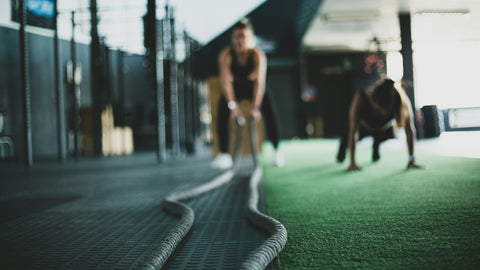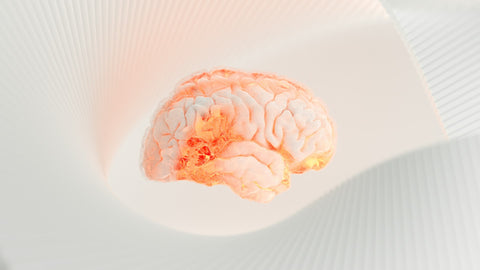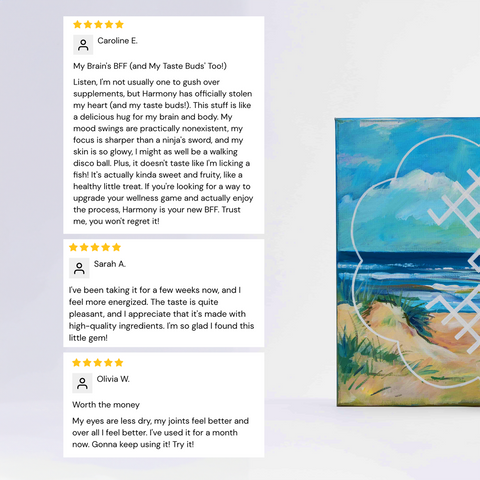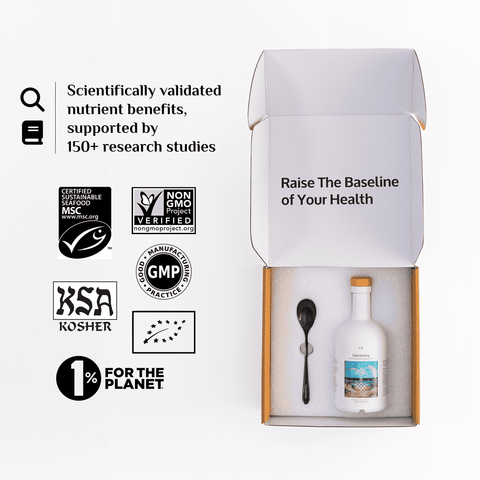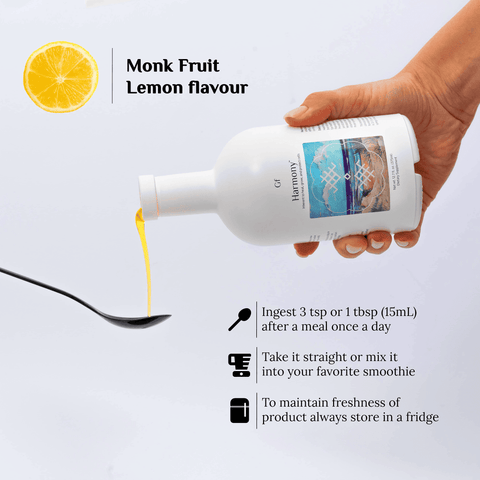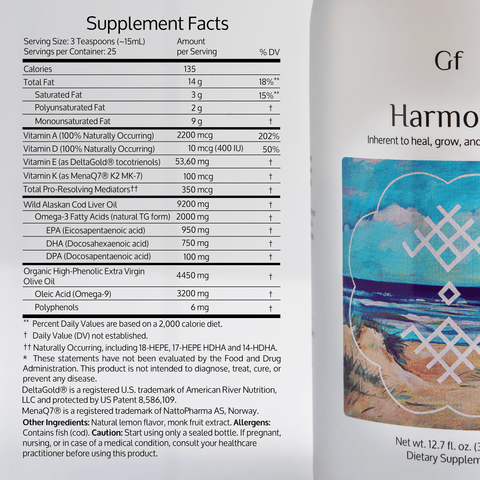Athletes push their bodies to the limit, striving for peak performance and rapid recovery. Yet, fatigue can creep in, hindering potential and making training feel like an uphill battle. While rigorous training and a balanced diet are essential, there's another factor that can significantly impact an athlete's energy levels and performance: vitamin D. Often called the "sunshine vitamin", Vitamin D offers multiple benefits for athletes that go beyond just strong bones.
Vitamin D: More Than Just Bone Health
While vitamin D is vital for bone health, research suggests it plays a much wider role in athletic performance, including fighting fatigue. Here's how it impacts athletes:
-
Muscle Strength, Power, and Reduced Fatigue: Vitamin D is crucial for muscle function. Studies show that supplementing with vitamin D can improve muscle strength and power in athletes with a deficiency, while also potentially reducing fatigue [1, 2]. This can lead to better performance in activities that require explosive movements like jumping, sprinting, and weightlifting.
-
Reduced Inflammation and Recovery: Intense training often triggers inflammation in the body, leading to muscle soreness, delayed recovery, and contributing to fatigue. Vitamin D has anti-inflammatory properties; it can help reduce inflammation, promote muscle repair, and shorten recovery times – factors in helping athletes feel less fatigued [3].
-
Improved VO2max: VO2max, a measure of aerobic fitness, reflects how efficiently your body uses oxygen during exercise. Research suggests that vitamin D may improve VO2max values, leading to enhanced cardiovascular performance and endurance, again supporting an athlete's ability to fight fatigue [4].
-
Boosting Mood and Reducing Injury Risk: Vitamin D deficiency is linked to mood disorders, potentially lowering motivation, increasing stress, and contributing to the feeling of burnout and fatigue. Optimized levels support positive mood which is a key element of athletic success. There's also some evidence that vitamin D may protect against injuries like stress fractures [5].
Optimizing Your Vitamin D Levels
Many athletes risk having suboptimal vitamin D levels, especially those training indoors or in regions with less sunlight. Here's how athletes can ensure they're getting enough:
- Test Your Levels: A blood test will reveal your vitamin D status. Your doctor can recommend an appropriate dose based on your needs.
- Sunshine Exposure: Aim for 15-20 minutes of unprotected sun exposure on your arms and legs a few times a week. However, excessive sun can be harmful so balance this with safe strategies.
- Dietary Sources: Fatty fish (salmon, tuna), egg yolks, and mushrooms naturally contain vitamin D.
- Supplements and Harmony™: If dietary intake and sunlight are limited, a vitamin D supplement may be necessary. For a convenient boost of vitamin D with other beneficial fats and antioxidants, consider Harmony™ by Goodfatts. This synergistic blend delivers a potent dose of vitamin D along with omega-3s, olive polyphenols, and more to support overall athletic performance and fight fatigue [6].
Important Note: Always consult with your doctor or a sports nutritionist for personalized advice on optimizing your vitamin D levels.
References
[1] Close GL, et al. (2013). Assessment of vitamin D status in professional athletes and associations with performance: a systematic review. Br J Sports Med. 47(17):1048-55.
[2] Wyon, M. A., Koutedakis, Y., Wolman, R., Nevill, A. M., & Allen, N. (2014). The influence of winter vitamin D supplementation on muscle function and injury occurrence in elite ballet dancers: A controlled study. Journal of Science and Medicine in Sport, 17(1), 8–12.
[3] Barker, T., Martins, T. B., Hill, H. R., Kjeldsberg, C. R., Dixon, B. M., Schneider, E. D., et al. (2013). Influence of 1,25-dihydroxyvitamin D on the immune responses of athletes. Eur J Med Res. 18:18–22.
[4] Koundourakis NE, Androulakis NE, Malliaraki N, Margioris AN. Vitamin D and exercise performance in professional soccer players. PLoS One. 2014;9(7):e101649
[5] Lappe JM, Cullen DM, Haynatzki G, Recker R, Ahlf R, Thompson K. Calcium and vitamin d supplementation decreases incidence of stress fractures in female navy recruits. J Bone Miner Res. 2008;23(5):741-749.
